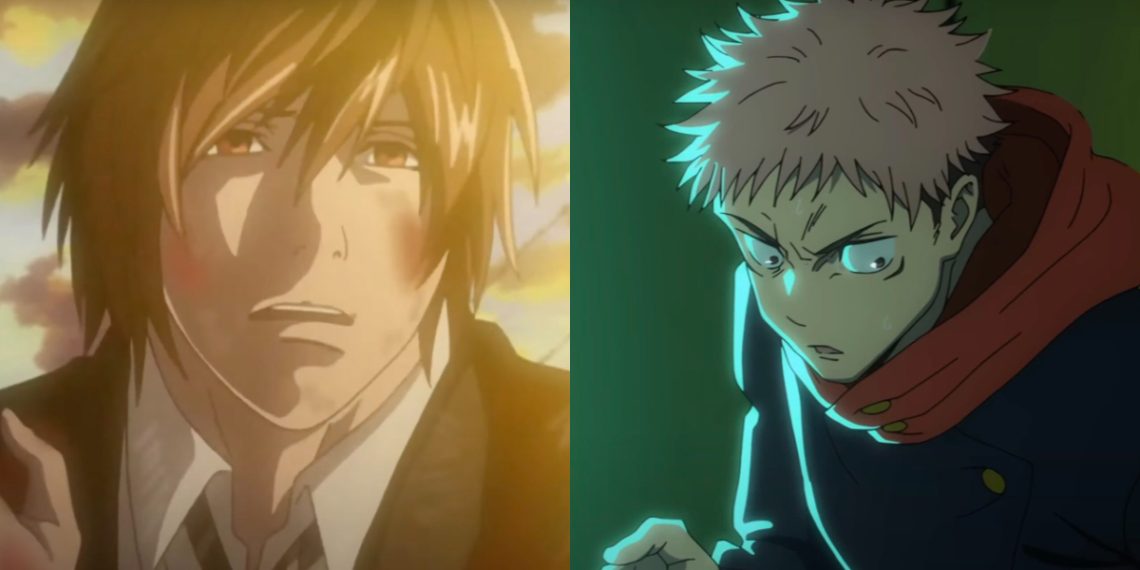The anime industry involves complex behind-the-scenes processes that fans may not be aware of. Producing anime requires intense effort and long work hours, making it a demanding career path.
MAPPA Studios in particular has faced criticism from some employees regarding stressful working conditions and production schedules. However, renowned animation director Mamoru Yokota has a more nuanced perspective.
While acknowledging the challenges of MAPPA’s management approach, Yokota believes animators must also take some responsibility for the quality of their work and the timeliness of delivery. He implies that animators agreeing to overly ambitious deadlines contributes to the crunch time culture.
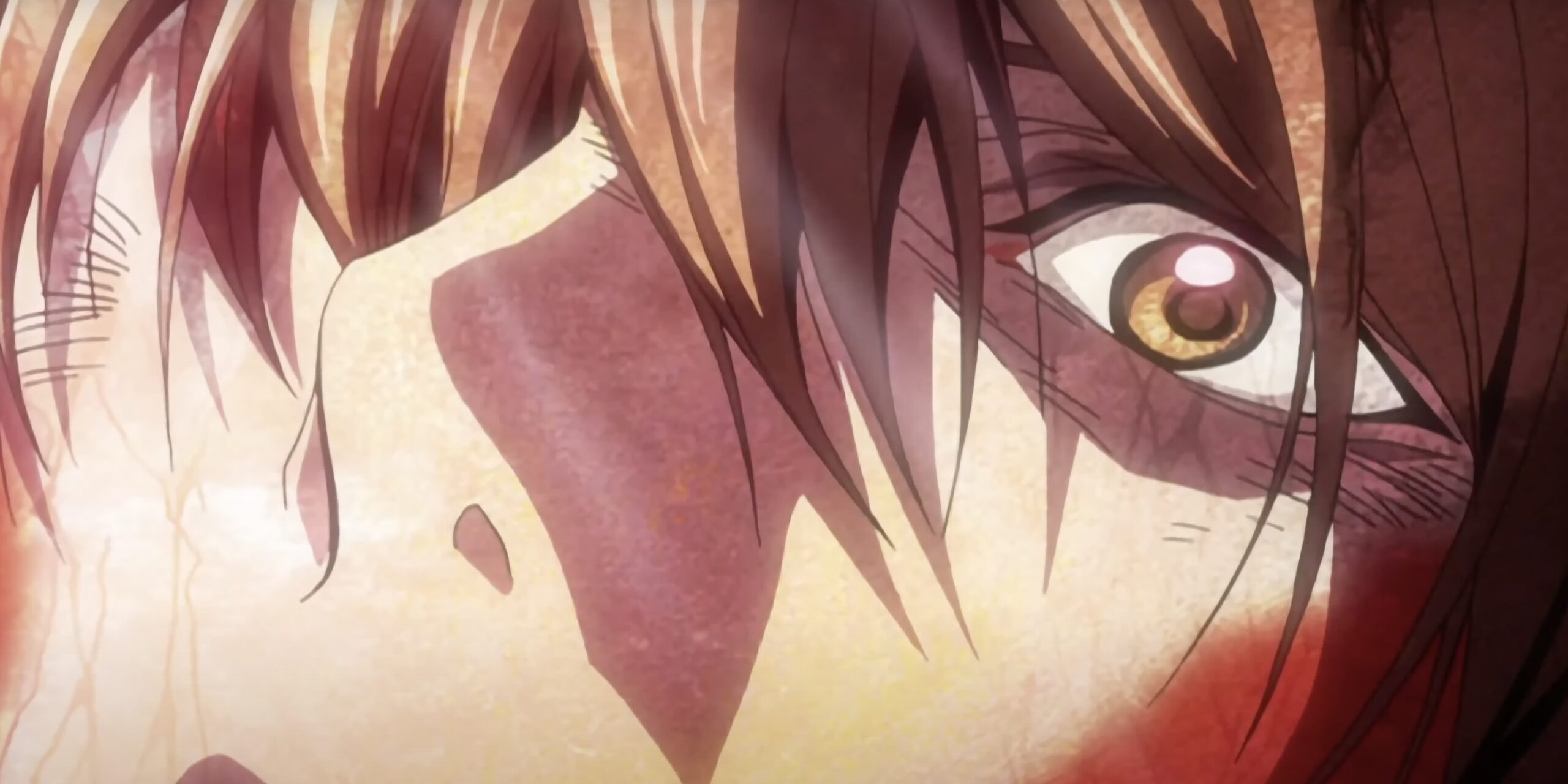
Yokota seems to advocate for a collaborative dialogue between management and animators to find a sustainable workflow. His stance suggests that, within the complexity of the industry, there are likely multiple perspectives on both the causes of and solutions to production demands.
Artistic Excellence and Alleged Exploitative Work Conditions At MAPPA
MAPPA Studios has produced animation for several top-tier and critically acclaimed anime series, including Takt Op Destiny, Jujutsu Kaisen, and Attack on Titan. Their impressive portfolio cements their reputation as one of the most elite anime production studios.
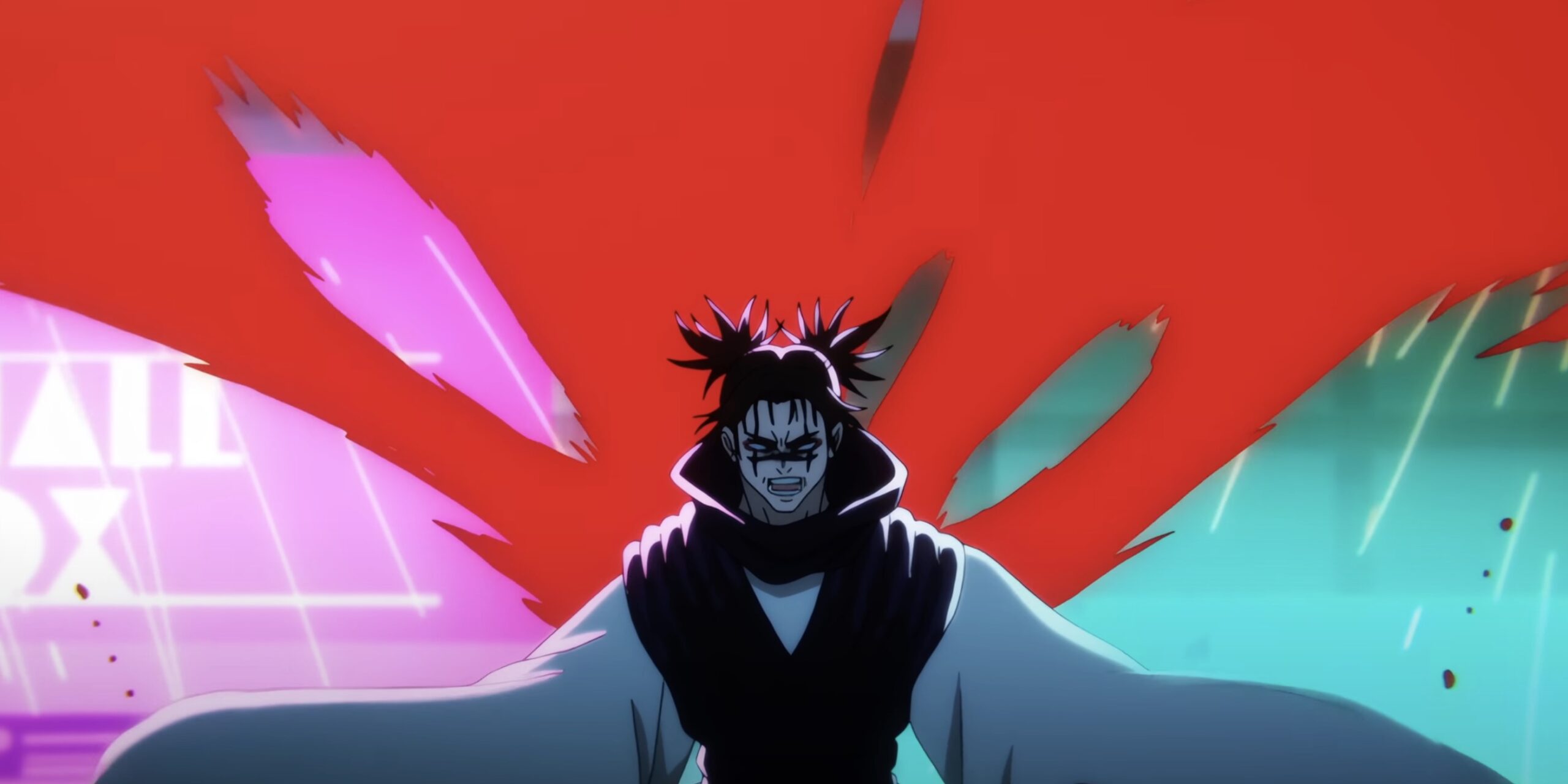
However, behind the scenes, MAPPA has gained notoriety for problematic management practices that create extremely demanding work conditions for employees.
Employees have used social media platforms to voice concerns about intense production schedules, long working hours, and high pressure – painting a picture of a stressful environment.
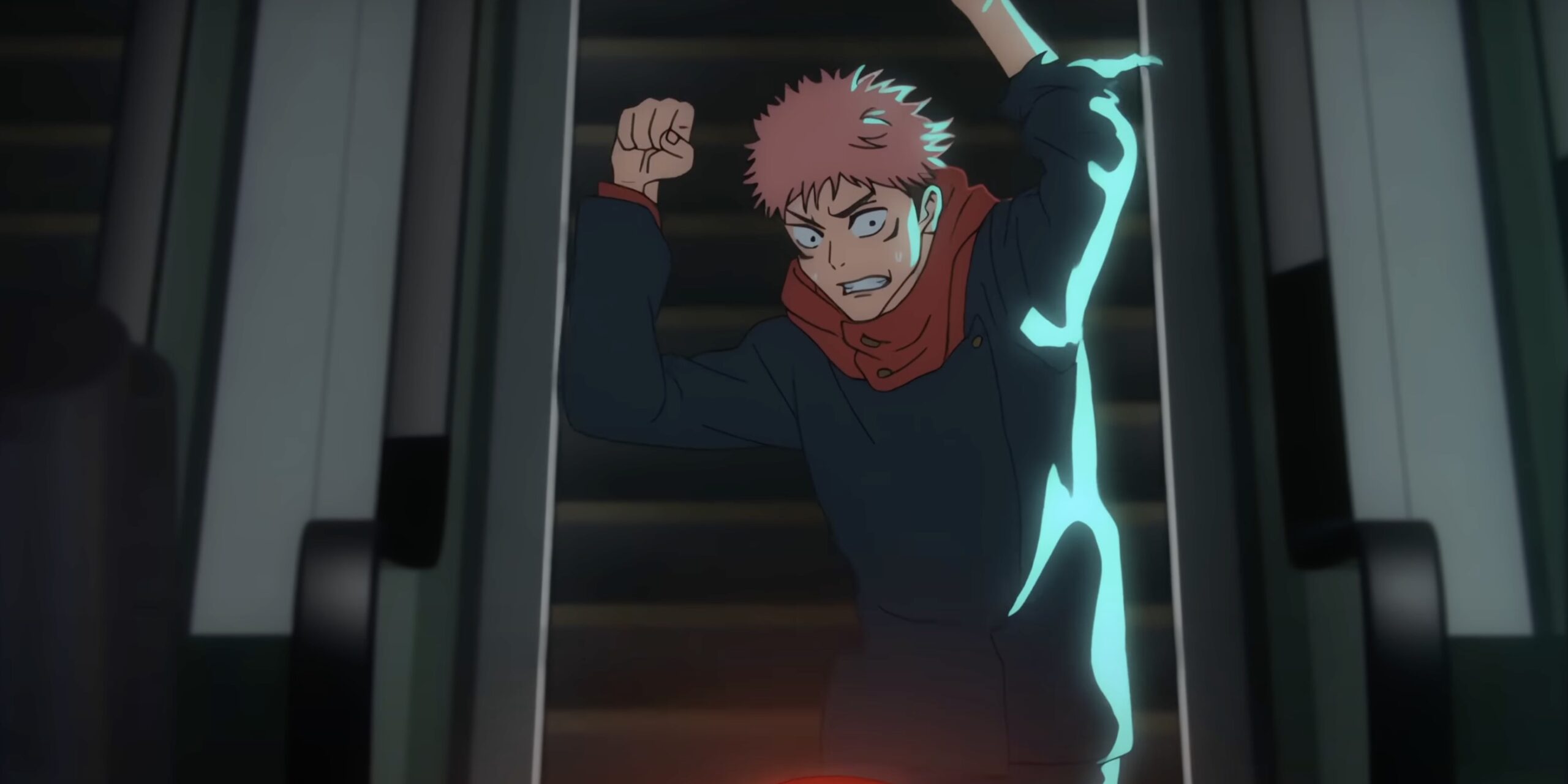
While MAPPA generates standout anime programming, it comes at an alleged human cost with reports of poor company organization, inefficient workflows, unrealistic timelines, and overworked staff.
This dark side of a creatively exceptional studio remains an open controversy within the industry. It highlights larger questions about production committee pressures and sustainability in the anime workforce.
Animator Accountability in MAPPA’s Production Challenges
While some animators have sworn off working with MAPPA again due to intense production demands, seasoned director Mamoru Yokota argues the animators are partially accountable.
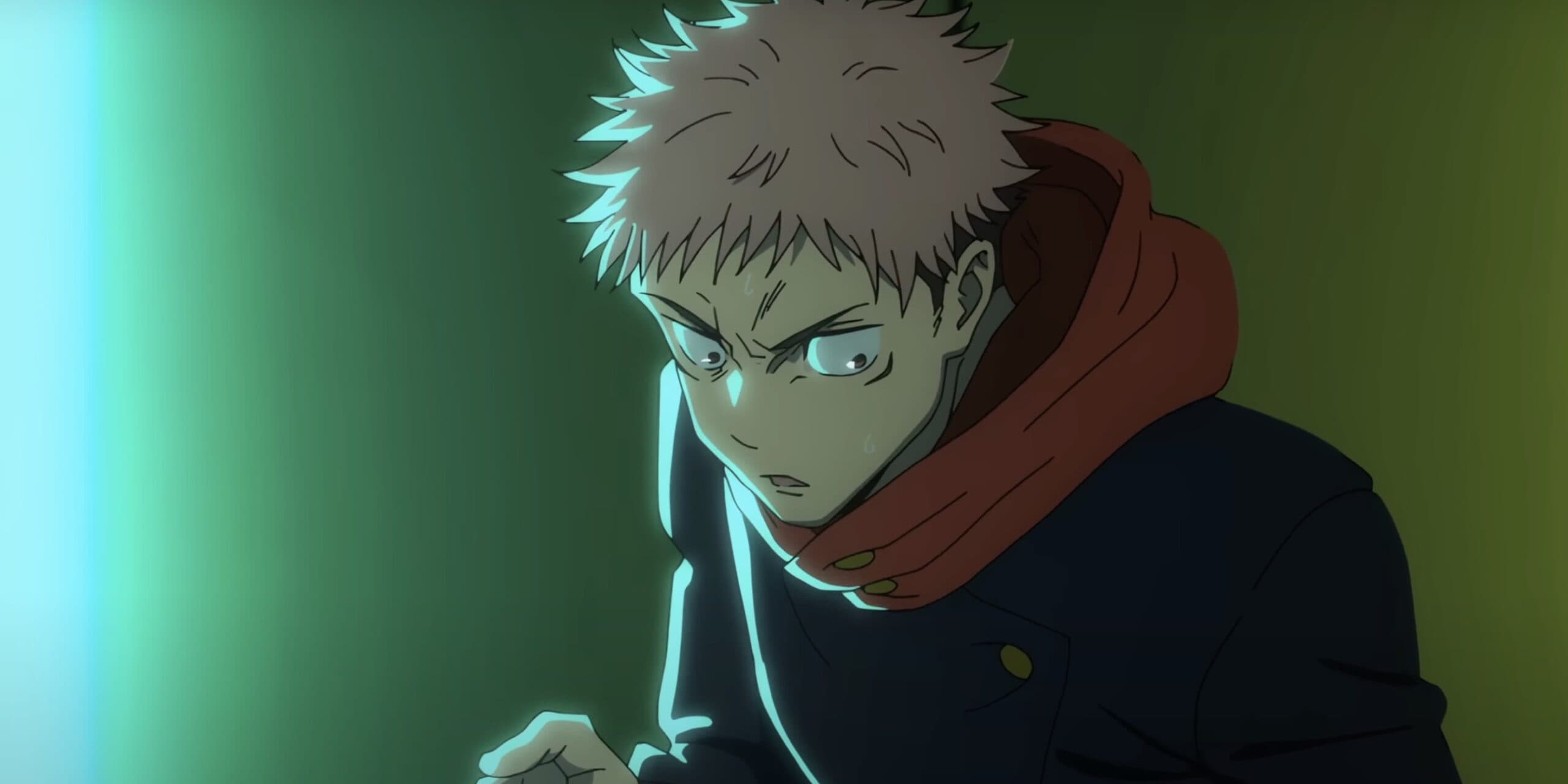
Yokota contends that overseas animators failed to properly assess the complexity of assigned workloads before accepting contracts. When projects then became grueling, animators blamed MAPPA rather than taking responsibility for agreeing to unrealistic timelines.
In a social media post, Yokota suggested that barring outright exploitation like pay cuts or missed deadlines, the production challenges partly stem from animators ‘knowingly jumping into a pit of hell’ by accepting overly ambitious schedules they can’t deliver.
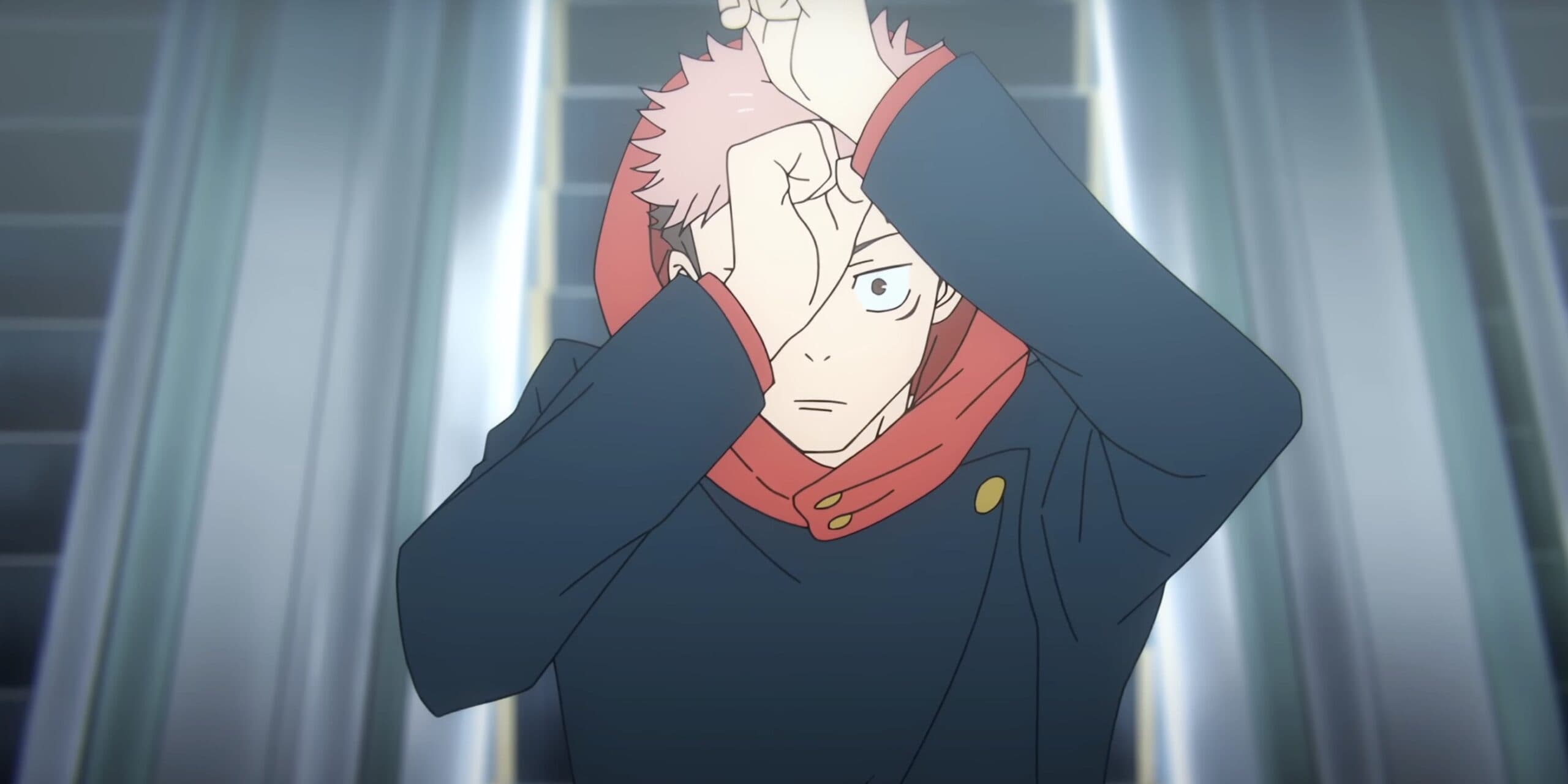
His controversial stance is that animators must evaluate workload feasibility before signing on, rather than expecting MAPPA to provide lavish timeframes. When Yokota voiced this hot take privately, he claims he was cautioned that outsiders could interpret it unfavorably – implying his view counters industry public relations interests.
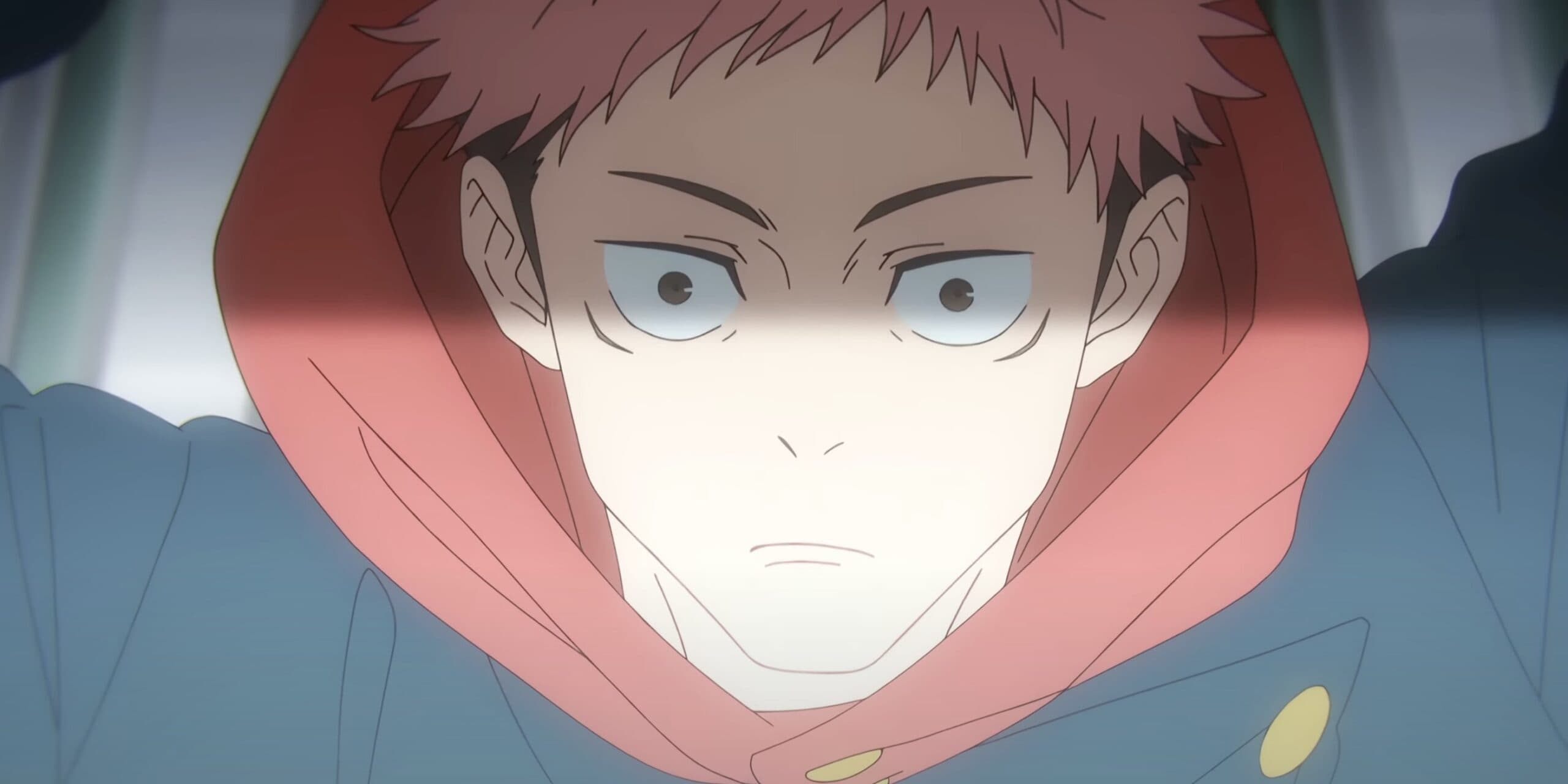
While not excusing MAPPA’s management, Yokota’s opinions reveal the complex dynamics between studios and contracted animators in manifesting anime’s ‘crunch time’ culture. It highlights potential disconnects in understanding on both sides.
The Complex Dynamics of MAPPA’s Production Challenges
Mamoru Yokota makes a compelling argument rooted in his deep industry experience – there is merit to his stance. As a veteran director embedded in the workflow, he provides an informed insider perspective.
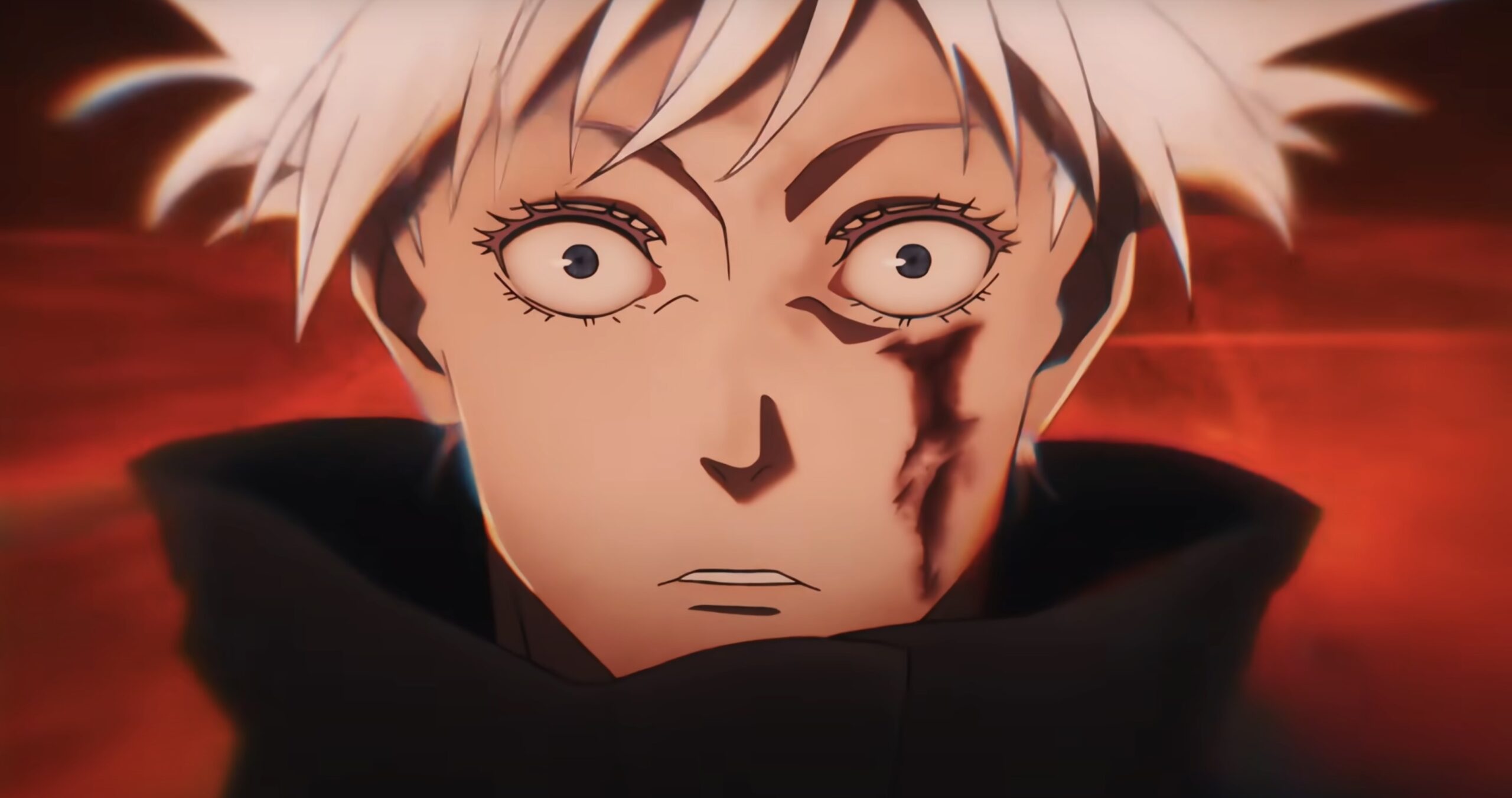
His viewpoint highlights the complexity of balancing project needs between studios like MAPPA and contracted animators. While ambitious production schedules create immense challenges, animators do make choices in accepting terms upfront.
MAPPA itself has not directly responded to criticisms or allegations about its management practices. The studio continues producing high-profile anime series undeterred, with Jujutsu Kaisen season two being their latest major project.
So while public criticism simmers from some animators regarding MAPPA’s production demands, the studio marches forward on delivering its stacked portfolio.
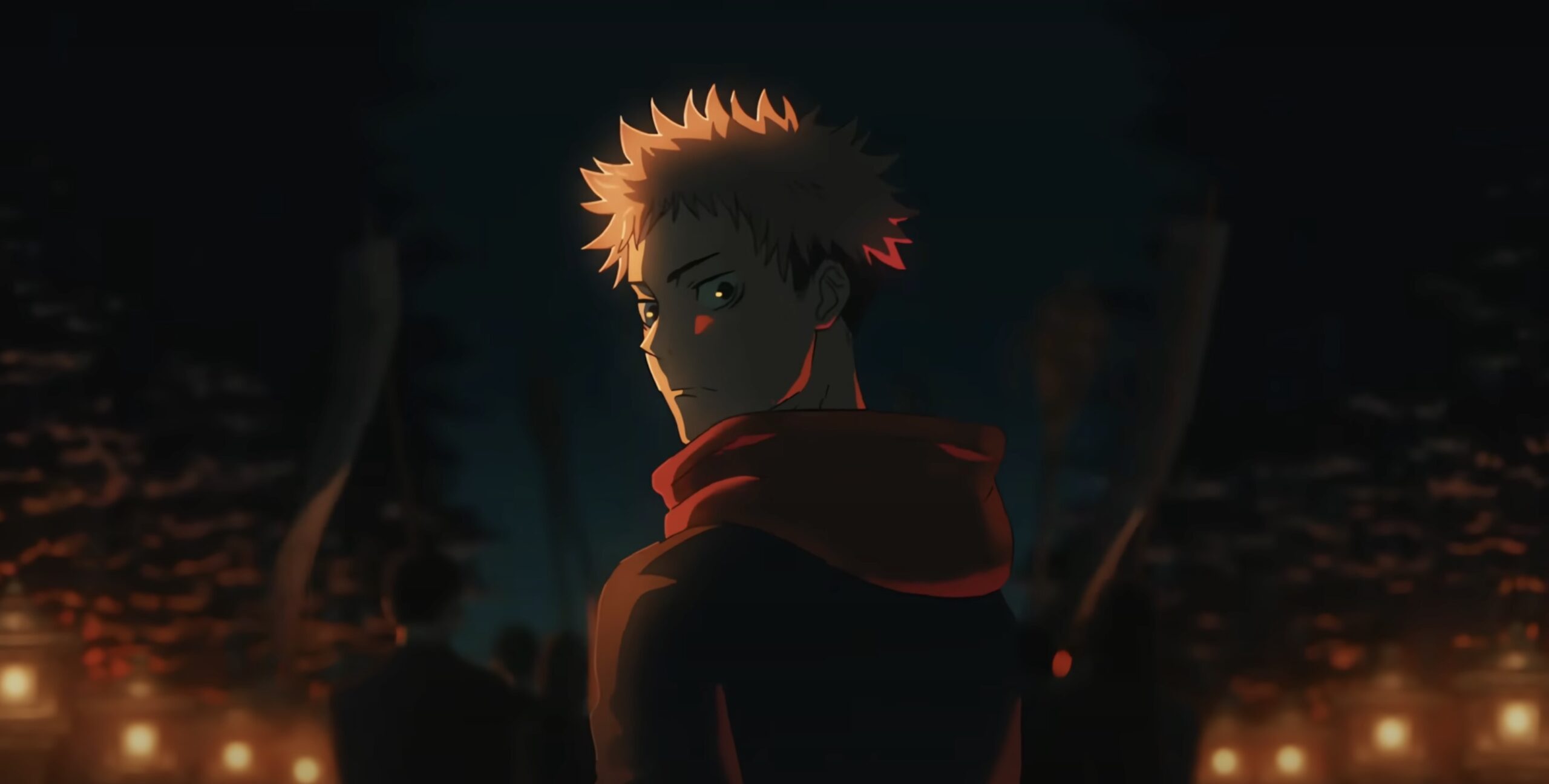
Yokota seems to suggest that both MAPPA and animators likely share accountability in both the origins and solutions to this complex issue with many moving parts.
There are no unambiguously “right” takes – it underscores the intricate tensions and tradeoffs inherent in anime creation within a relentless industry. But Yokota provides an alternative stance worth contemplating rather than stereotypical perspectives.
One Piece Director’s Comment on MAPPA
This is not the first time someone has spoken in favor of MAPPA even after their bad behaviors towards the animators, because one of the directors of One Piece has also said that, overseas animators declaring they will no longer work with MAPPA fails to account for the full context. He argues that while work conditions are one issue, the expectations when the work was first contracted matter too.
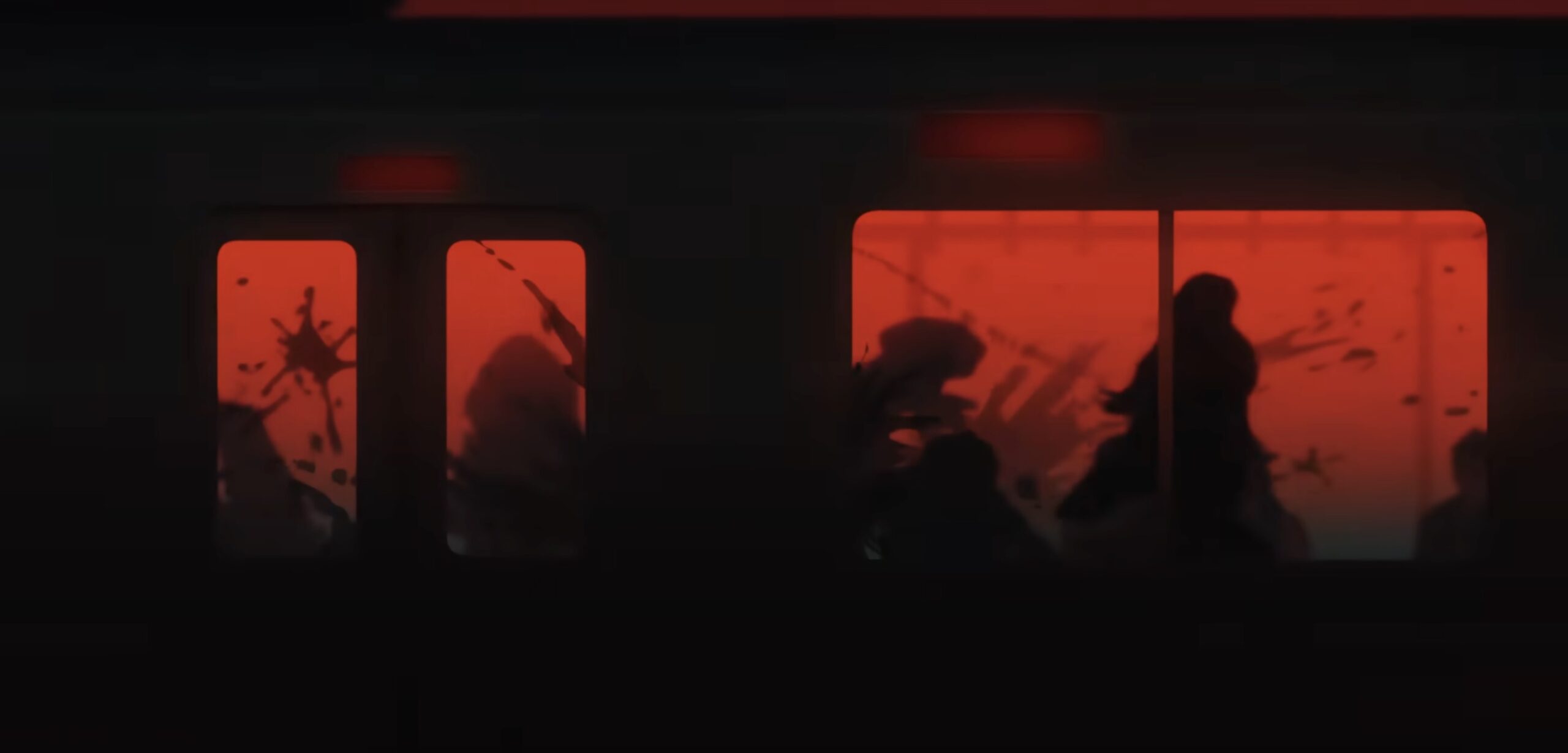
Suppose the terms initially met the animators’ expectations for the job. In that case, production troubles or excessive demands are more the fault of the show’s directors, production committee, or producers rather than MAPPA itself.
However, if there was a slashing of pay, delays, or outright exploitation, that is a definite grievance against the studio.


